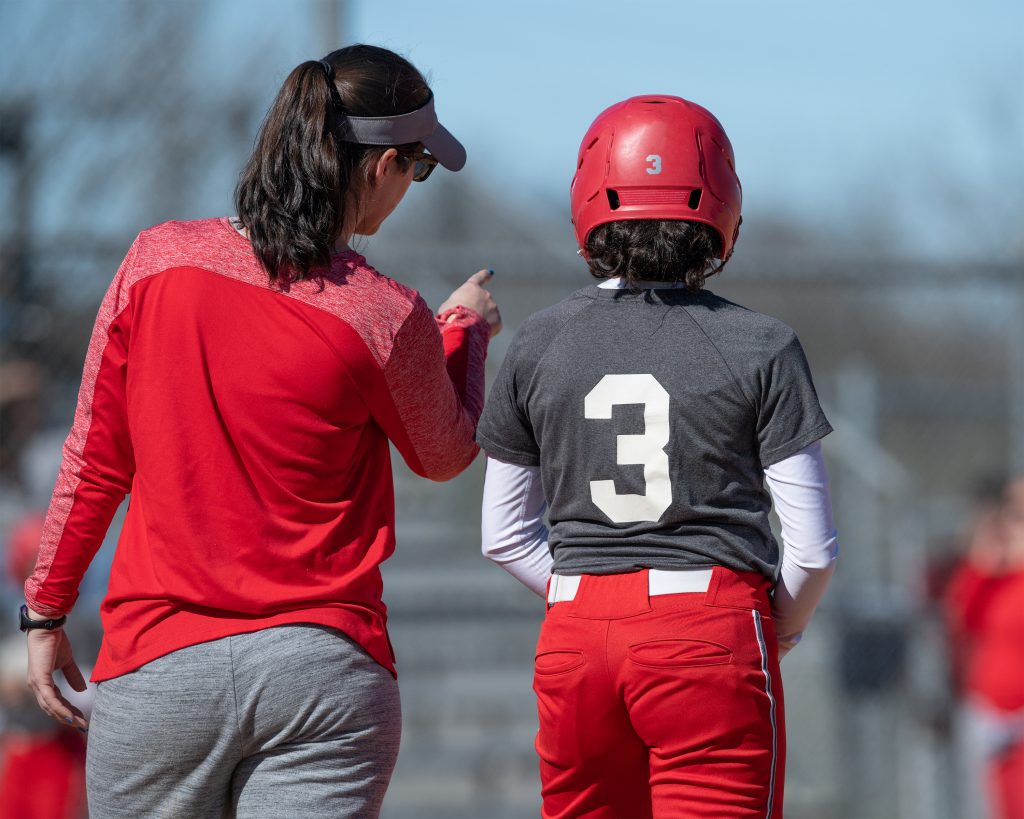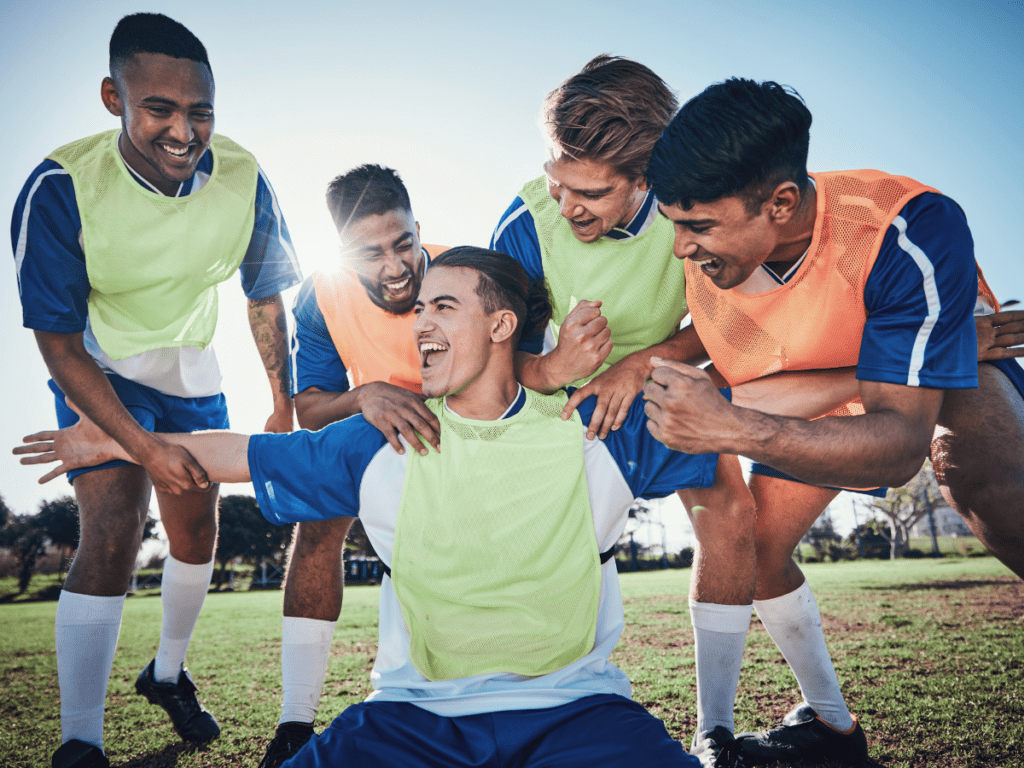The Psychological Implications of Returning to Sport Post-Isolation

As public health restrictions begin to lift across the country, the return to some form of sport participation will require adjustment and adaptation. As athletes return to sport, the virus is still present, and so is the uncertainty. The cancellation of sport events and the imposition of stay-at-home and physical distancing protocols over the last…
Impact of COVID-19 on physical activity
As Canadians retreated to their homes to limit the spread of COVID-19, researchers from the University of the Fraser Valley launched a study to examine how life in lockdown would affect physical activity and wellbeing. Research results show those who became more active during the pandemic reported lower anxiety than those who spent less time in outdoor physical activity;…
Aging expectations and physical activity behaviours

Project Summary A developing area of research focuses on ‘successful aging’, which has the central objective of discovering significant predictors of optimal health in later life so that risks of disease and disablement can be targeted and reduced. From this research, there is evidence indicating beliefs that older adults have of their own aging process…
Youth & COVID-19
“It’s quite possible that youth are having difficulties coping with the lack of structured learning, friendly competition, and most of all, social interaction with teammates that comes with participation in sport.” University of Alberta youth sport researcher Nick Holt recommends keeping kids connected to the benefits of sport through backyard practices, engagement in fun social…
7 A’s of Active Aging
Older male adults can be a particularly hard-to-reach group when it comes to physical activity programming. In this SIRC blog, researchers break down the 7 A’s of Active Aging to improve understanding on how to design and deliver tailored physical activity programs.
Culture of national sport organizations and participation in sport

Project Summary This project examined the relationship between the culture of Canadian national sport organizations (NSOs) and participation in sport. The overall goal was to better understand and ultimately increase the effectiveness of policies aiming to promote sport activities such as the Sport Participation Development Program (SPDP). Generally, NSOs subscribed to a humanistic-encouraging type of…
Setting Goals
Having trouble getting active? Goals are a great way to stay motivated. Set a physical activity goal and create a detailed plan for when, where, and how you will achieve it. Review your goal on a weekly or bi-weekly basis to celebrate progress, increase the challenge, or adjust expectations (too aspirational? Reset your goal and…
National Health and Fitness Day 2020
Only 16% of Canadian adults meet Canada’s physical activity guidelines. In preparation for National Health and Fitness Day tomorrow, check out our new fact sheet on evidence-based tips for getting active. (Spoiler: Set a goal, create an action plan, track your activity, get feedback, review and reset!)
Isolation & Health
Social isolation and loneliness have been linked to increased risk of heart disease, stroke, depression, and other health conditions. While physical distancing measures are necessary to help prevent the spread of COVID-19, finding strategies to maintain and improve health – such as physical activity – are more important than ever.
Hunger & HIIT Workouts
Wonder why you’re not hungry after HIIT workouts? New research from Wilfred Laurier University reports that lactate produced during hard interval workouts influences appetite-associated hormones, causing post-exercise appetite suppression.